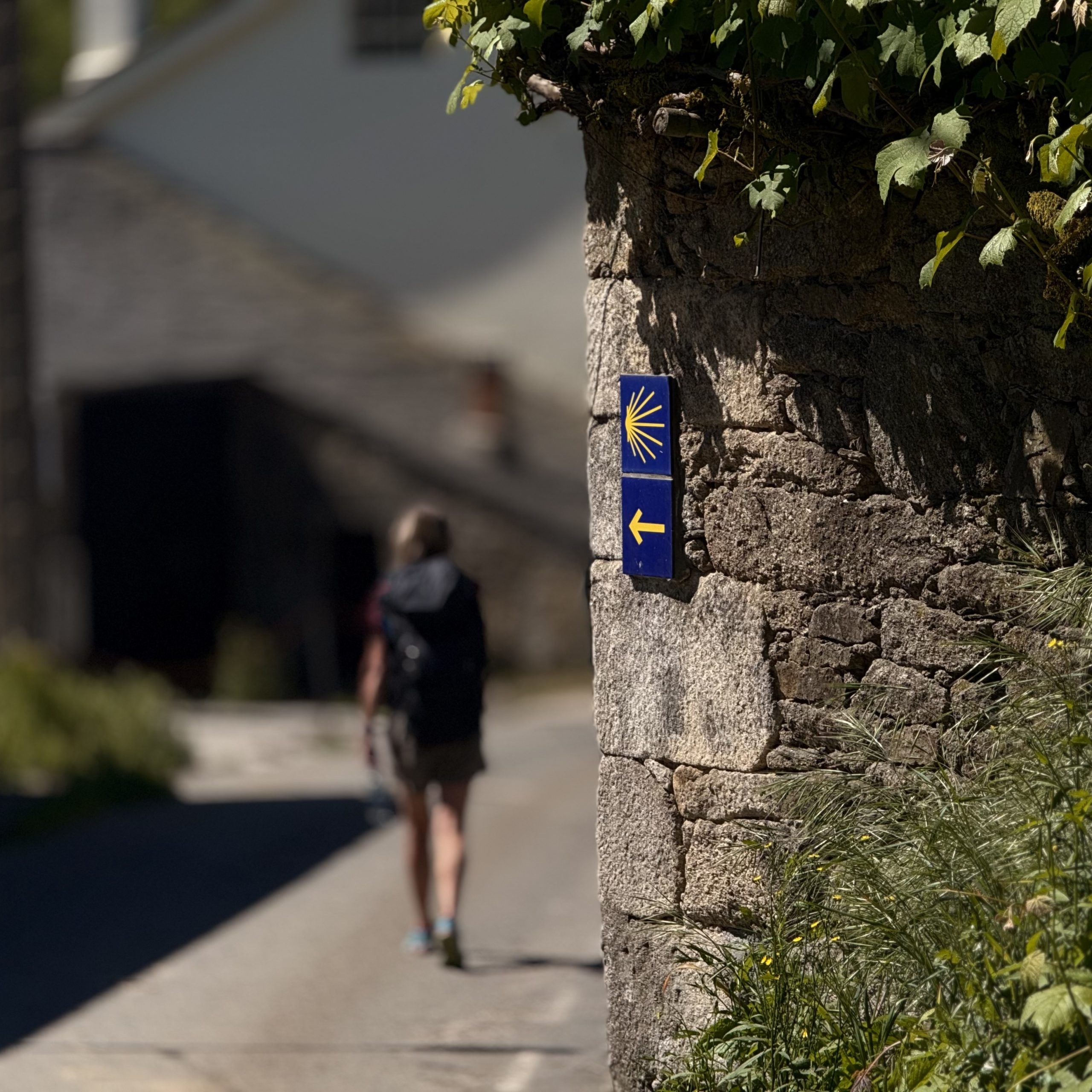Starting 1 October 2025, several destinations across Spain and Portugal are introducing or updating their tourist tax systems. These small nightly charges help fund local services, cultural preservation, and sustainable tourism.
If you’re planning a walking holiday with WAW.travel, here’s everything you need to know about when, where, and how these taxes apply — from the Camino de Santiago to the Balearic Islands, Portugal, and beyond.
IMPORTANT! Please note that if you book a trip with WAW.travel, this tax is not included in the package price. The tourist tax is a personal contribution, designed to support the local environment and services, and must be paid directly by travelers at check-in or check-out.
What is a tourist tax and why does it exist?
A tourist tax (or “ecotax”) is a small nightly fee charged to visitors staying in hotels, hostels, or other accommodations. The aim is to support sustainable tourism projects — including environmental protection, maintenance of public spaces, and preservation of local heritage.
The tax amount depends on:
- The destination (each city or region sets its own rate)
- The type of accommodation (usually higher in 4–5-star hotels, lower in hostels or rural stays)
- The length of stay (some destinations apply discounts or exemptions after several nights)
Tourist tax in Spain
Galicia: the Camino and Santiago de Compostela
Starting 1 October 2025, Santiago de Compostela will introduce a new tourist tax ranging between €1 and €2.50 per person per night, depending on the accommodation category. You’ll only pay for the first five nights of a continuous stay — nights six and beyond are tax-free.
For example:
- 3-star hotel: €2 per person / night
- Hostel or guesthouse: around €1 per person / night
The revenue will be invested in sustainable tourism projects, with at least 80% going to public services and heritage protection, overseen by the new Foro de Turismo Sostenible.
Note: This tax is not included in your WAW.travel booking price and must be paid locally.
What about other Camino towns? Currently, the tax applies only in A Coruña (from 1 September 2025) and Santiago de Compostela (from 1 October 2025). Other Camino stages remain tax-free for now.
VAT detail: The tourist tax also includes 10% VAT. So, a €2 fee becomes €2.20 on your invoice — this is not double taxation but simply Spain’s way of applying VAT to services.
Balearic Islands: Menorca, Mallorca, Ibiza, Formentera
If you join one of our walking holidays in Menorca or Mallorca, you’ll be asked to pay the Sustainable Tourism Tax, known as the ecotasa.
- Rate: €2 – €4 per person per night (depending on accommodation category)
- Low-season discount: –50% (from 1 November to 30 April)
- Long-stay discount: –75% from the 9th night onward
- Exemptions: Children under 16 years old
- Payment: At your accommodation, by card or cash
This contribution helps preserve the islands’ natural beauty — maintaining trails, restoring heritage sites, and supporting sustainable travel initiatives. For most travelers, it adds only a few euros to the trip but makes a lasting positive impact.
Canary Islands
At the time of writing (October 2025), the Canary Islands do not yet apply a tourist tax. However, discussions are ongoing about introducing an ecotax similar to the Balearic model in the coming years.
For now, your walking holidays in Tenerife, Lanzarote, Gran Canaria, or La Palma remain tax-free.
Tourist tax in Portugal
Portugal also applies local tourist taxes (taxa turística) in many cities, including some along or near the Camino Portugués. These are small nightly fees added to your accommodation bill.

How to pay and what to expect
- You can pay the tourist tax by card or cash at your accommodation.
- It’s usually collected at check-in or check-out.
- Booking websites often list it in the fine print under “taxes not included.”
- If you see a slightly higher amount on your invoice, it’s due to the VAT added to the base rate.
Is the tourist tax included in my WAW.travel trip?
No. Tourist taxes are personal contributions set by local authorities and must be paid directly at your accommodation.
Can I pay by card, or does it have to be cash?
You can usually pay just like your room bill — by card or cash. Some smaller guesthouses may prefer cash.
Why do some websites show different prices?
Because the tax is not included in the advertised rate and VAT is added later on the invoice.
Are there any exemptions?
Yes. Common exemptions include minors, travelers for health reasons, and people with disabilities above 65 %. Some destinations also exclude long stays or off-season travelers.
How much should I budget?
Around €1 – €4 per person per night, depending on your destination and accommodation type.
Tips for travelers
-
Keep a few extra euros for local fees — especially in small towns.
-
Read booking details carefully to see whether the tax is mentioned.
-
Remember: these small contributions help maintain the beautiful routes, towns, and landscapes you travel through.
Plan your sustainable walking holiday
At WAW.travel, we believe in responsible, sustainable travel that supports the destinations we love.
If you have any questions about how tourist taxes apply to your trip, contact us at [email protected] — we’re happy to help you plan your next walk in Spain, Portugal, or beyond.
Sources:



Comment (0)